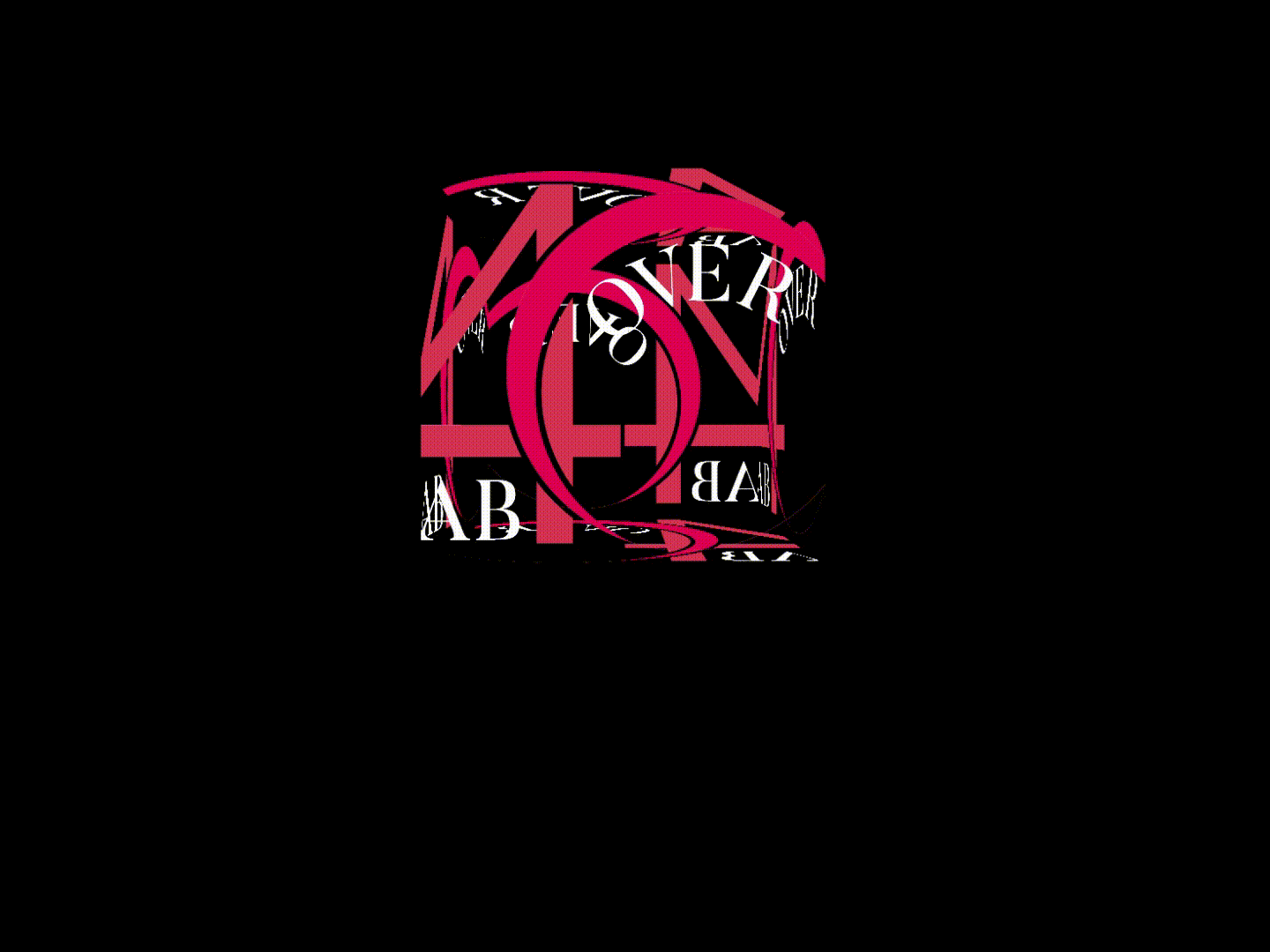Prepare yourself mentally, physically, and financially for this rewarding (and well-earned) stage of life.

Let’s face it, retirement can be simultaneously exciting and scary.
“We are defined by our work, and retirement comes with a lot of what we have put our worth into,” says Natacha Pennycook, a Toronto-based registered psychotherapist who has worked with clients transitioning into the next chapter of their lives. “It can be tough to digest, and there is a big identity shift that happens.”
Even though it can be daunting, it’s important to approach this new stage well ahead of its arrival. Here’s how you can get a jump on retirement and be sure that the best years are yet to come.
 Have a Plan for Retirement
Have a Plan for Retirement
Many of us are defined by our careers, and once we decide to retire, we might feel stuck. To avoid this, Pennycook recommends having a plan, approaching your retirement like you did your career, and start thinking about how you want to spend this next stage of your life.
If you don’t know where to begin, start by creating a vision board. “Sometimes we have an idea of what it will be like when the reality is so far away,” says Pennycook. “Take control and really think about what is in this next stage of your life.”
Whether it’s places you want to travel, pursuing an entrepreneurial venture, volunteering in your community, writing your memoir, or spending more time learning a new fitness activity, add it to your vision board. You will start seeing themes that will help you map out the first few weeks and months of your retirement.
 Find Your Tribe
Find Your Tribe
It sounds simple but it’s true. “There can be a tendency to withdraw socially,” says Pennycook. “Our work-life can be our social network, and [in retirement] there’s a feeling like that is left behind.”
If you find that your officemates are also your BFFs, one way to combat retirement FOMO is to cultivate new friendships. That said, developing adult friendships can be challenging, especially for women.
Try looking at new ways to enjoy old parts of your life during this transition time. As a stepping stone, Pennycook suggests joining a structured class or group to begin forging new relationships. But that’s not to say you have to leave former colleagues in the dust. “You may be able to continue to foster work relationships as friendships, build those relationships beyond your work life, and continue to develop these connections,” she says.
Slow and Steady
Take a beat to consider this: your 30-plus-year career wasn’t built overnight, so why would you expect to shift into a fulfilling retirement instantly?
“For women, there’s always a feeling of ‘what’s next,’” says Pennycook, who reminds women that it takes time to gradually shift your identity. After years of the daily grind, having this newfound freedom can be a welcomed change and a great time to give yourself permission to press pause, says Pennycook.
“I’m a firm believer in transitions,” she explains, “and if your career allows you to gradually shift from full-time employment to a less demanding schedule, it may help you get accustomed to what retirement may be like for you.”
 Good Grief
Good Grief
As you transition into this next stage, it’s alright to give yourself a break. Pennycook has seen many women who experience anxiety and grief over their former life, especially in the first few months of retirement and notes it is important to recognize the difference between the two.
“Anxiety is the fear of the unknown – [retirement] can be new and difficult to deal with,” explains Pennycook. “Taking time to grieve, and acknowledging the grief, is important.”
As you approach retirement, you may still be focused on wrapping up projects and getting to the office every day, so you’ll need to consciously make time to process these feelings. Pennycook suggests taking the first three months of retirement to allow yourself to deal with these emotions and really work through the transition before making any major decisions on what’s next on your agenda.
 Focus on Positives in Retirement
Focus on Positives in Retirement
While every day of your retirement won’t be sunshine and rainbows, you can still build your best life by looking for the good on the daily.
“Focus on the positive – it’s a balance,” explains Pennycook. “Now you have the time and energy to reward yourself for all you’ve gone through in your life.”
Studies show that people who take time to enjoy simple pleasures live happier, healthier, and longer lives. Whether that’s pouring a second cup of coffee and reading an extra chapter before starting your day or making time for an extended morning workout, now’s the time to focus on really ‘doing you.’


 Have a Plan for Retirement
Have a Plan for Retirement Find Your Tribe
Find Your Tribe Good Grief
Good Grief Focus on Positives in Retirement
Focus on Positives in Retirement













